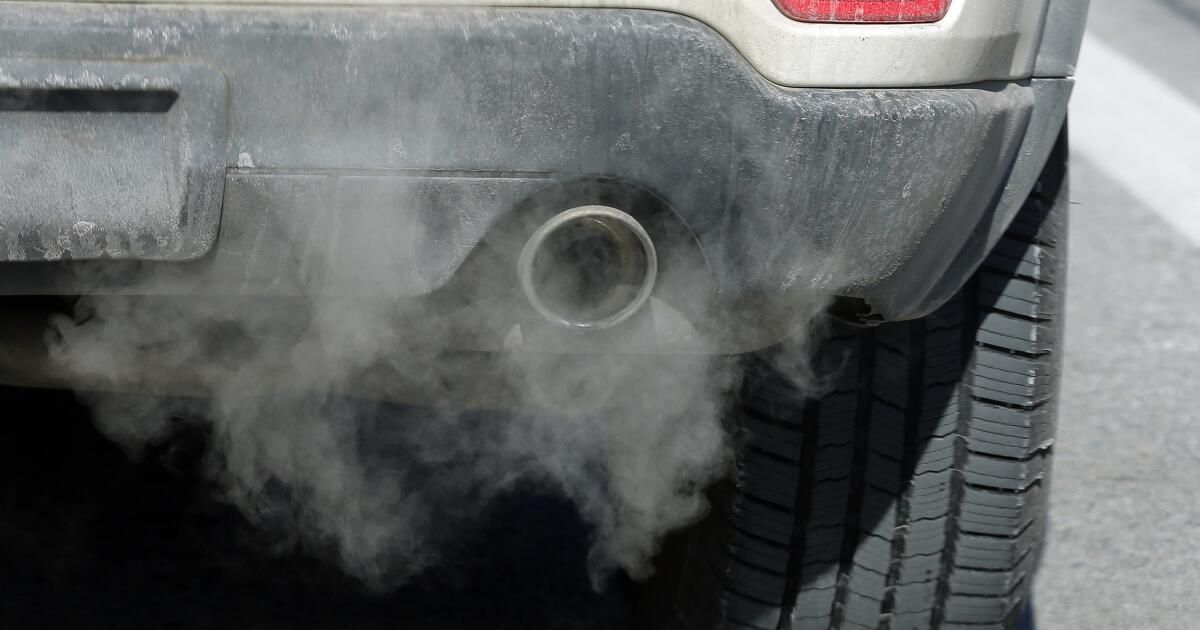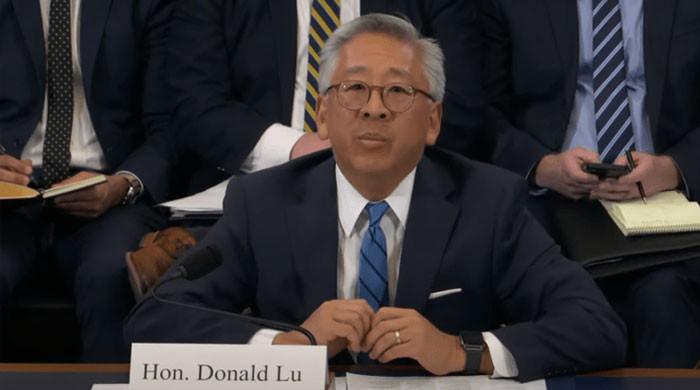The maker of a popular line of vehicle-tuning devices and software has agreed to pay the U.S. Environmental Protection Agency $2.9 million after the regulator accused the company of selling performance-enhancing equipment that allowed customers to skirt air pollution laws.
COBB Tuning, a company based in Austin, Texas, produced and sold aftermarket accessories at several retail stores, including a former branch in Fountain Valley. Since 2015, the company has sold 90,000 illicit products, including exhaust systems that allowed vehicles to bypass pollution-removing catalytic converters and software that boosted engine combustion, according to the EPA.
These so-called “defeat devices” resulted in the release of smog-forming emissions and other pollutants above federal standards. The EPA has ordered COBB Tuning to destroy the remaining inventory of these products and inform customers that these devices violate federal clean air laws.
“Defeat devices significantly increase air pollution from motor vehicles, particularly in communities already burdened by pollution,” said David M. Uhlmann, deputy administrator for EPA’s Office of Compliance and Enforcement Assurance. “The use of illegal defeat devices has continued for far too long. EPA will use all of its enforcement tools to hold polluters like COBB Tuning accountable until these illegal practices cease.”
The enforcement action is one of several taken over the past decade by federal and state regulators seeking to crack down on excessive pollution caused by emissions-cheating devices.
Some of the biggest emissions-rigging scandals and penalties have involved vehicle manufacturers, such as Volkswagen’s Dieselgate in 2015, when the German automaker was found to have equipped nearly 500,000 vehicles in the United States with illegal software that made engines appear cleaner than they were. Volkswagen later paid a $2.8 billion criminal fine.
In December 2023, engine manufacturer Cummins Inc. was fined $1.6 billion for installing illegal software in 600,000 Ram trucks.
However, aftermarket products can be more difficult to regulate and trace due to the proliferation of manufacturers, retailers and installers.
In a statement, COBB Tuning officials said the company fully cooperated with the EPA’s investigation and told the agency it did not develop or market the products as emissions-defeating devices. They insist their product line is now fully compliant and note that the California Air Resources Board previously determined that more than 200 of the company’s products do not interfere with pollution controls and remain on sale.
“As a company, we take our emissions management very seriously and proactively and in real time addressed each area of concern that the EPA identified regarding how some of our legacy products could be used in unintended ways,” COBB CEO Jeff King said in a statement. “We had to make tough decisions on the fly regarding how and when to make changes or discontinue certain products that the EPA identified as being of concern. We always focused our decision-making process on implementing changes in a way that kept the best interests of our enthusiast customers, distribution partners, and the environment in mind. Sometimes, those were tough decisions, requiring immediate action to address the EPA’s concerns.”
Defeat devices are often sold to improve engine performance. They can modify engine combustion, airflow ratio, and ignition timing. However, the software can also disable a vehicle's emissions controls and produce more air pollution.
Typically, a vehicle's computer detects when it might be producing excessive emissions by turning on the check engine light and limiting the vehicle's performance, such as putting it into “limp mode.” COBB's defeat software had the ability to disable the check engine light and bypass the “limp mode” limitations, according to the EPA.
COBB Tuning's illegal exhaust pipes and tuning software, which are no longer being manufactured, were made for BMW, Ford, Mazda, Mitsubishi, Nissan, Porsche, Subaru and Volkswagen vehicles. The company can continue to sell tuning devices and software that California regulators have deemed do not increase pollution above permitted levels.












